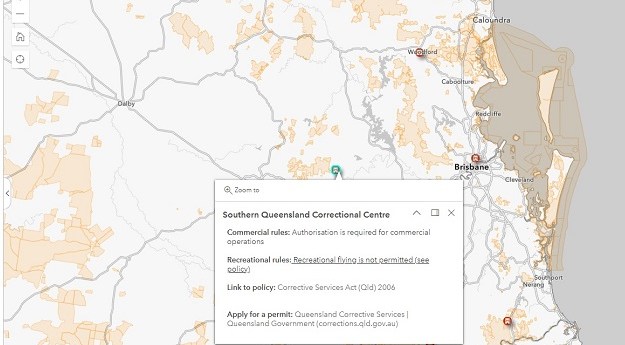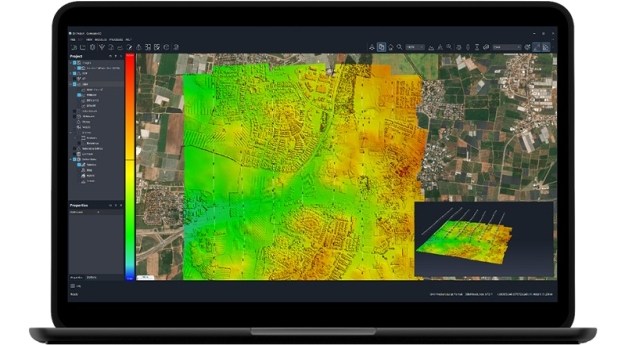
Dr Vanessa Lawrence
Dr Vanessa Lawrence CB has been elected by the UN member countries to Co-Chair a key United Nations Group focussed on geographical and location matters for a fourth year in a row.
Dr Lawrence, who until recently led Ordnance Survey as its Director General and Chief Executive for fourteen years, has two Co-Chairs to work alongside her for the next year, Dr Li Pengde from China and Dr Eduardo Sojo from Mexico. Mr. Sultan Mohamed Alya from Ethiopia was elected as the Rapporteur.
Dr Lawrence was a founding Co-Chair and during her tenure leading the United Nations Committee of Experts on Global Geospatial Information Management (UN-GGIM), Dr Lawrence also has been supported by Co-Chairs from the Republic of Korea and the State of Qatar.
Mr Stefan Schweinfest, a Director at the UN said: “Dr Lawrence was a founding co-chair of UN-GGIM in 2011, when for the first time in many years, the UN decided to set up a new Committee. The new Committee focuses on ensuring that accurate, authoritative and reliable geographical information is available to underpin some of the globe’s largest challenges. The work of the Committee underpins important activities such as accurate positioning, sustainable development, disaster management, and peace keeping.
“Vanessa has worked tirelessly with us to make the Committee a success and we are delighted that she has been re-elected by the Member States, for a fourth time in the UN system, to assist us going forward.”
The election came as Ministers and senior leaders from UN Member States and international organisations attend the fourth session of the UN-GGIM at the United Nations Headquarters in New York between 6-8 August. At the forefront of their deliberations was an effort to set a clear path to help geographic information to make a significant contribution to sustainable development across the world. As an outcome of the meetings, a draft resolution on the Global Geodetic Reference Frame (GGRF) was endorsed as a mandate.
The use of authoritative geospatial information is beginning to revolutionise cross-border challenges such as climate change, disease pandemics, food shortages, economic crises and disaster recovery situations. One example is where authoritative geospatial data is used by emergency services in rapidly changing environments, such as landslides, floods and earthquakes, enabling them to gain access to the disaster areas faster and potentially save more lives.
Significantly, this meeting is working on ensuring that around the world, the accuracy of exact position on the globe’s surface is improved by the introduction of a global geodetic reference framework. A global reference framework, adopted by as many countries as possible, will greatly facilitate the economic development surrounding location-based services across a number of industries.
For additional information on the fourth session, including the agenda , outcomes, and technical reports, please visit the UN-GGIM website.












